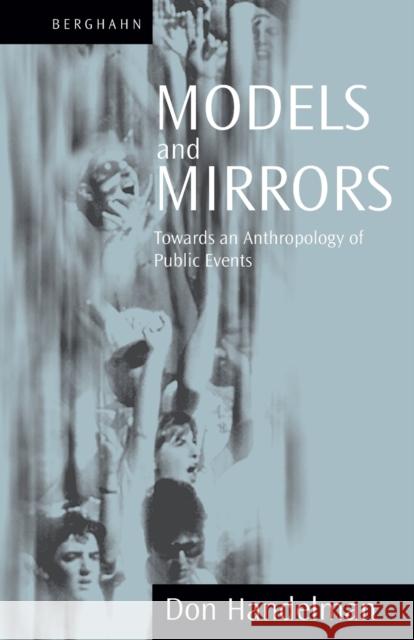Models and Mirrors: Towards an Anthropology of Public Events » książka
Models and Mirrors: Towards an Anthropology of Public Events
ISBN-13: 9781571811653 / Angielski / Miękka / 1998 / 340 str.
Ritual is one of the most discussed cultural practices, yet its treatment in anthropological terms has been seriously limited, characterized by a host of narrow conceptual distinctions. One major reason for this situation has been the prevalence of positivist anthropologies that have viewed and summarized ritual occasions first and foremost in terms of their declared and assumed functions. By contrast, this book, which has become a classic, investigates them as epistemological phenomena in their own right. Comparing public events - a domain which includes ritual and related occasions - the author argues that any public event must first be comprehended through the logic of its design. It is the logic of organization of an occasion which establishes in large measure what that occasion is able to do in relation to the world within which it is created and practiced.
Ritual is one of the most discussed cultural practices, yet its treatment in anthropological terms has been seriously limited, characterized by a host of narrow conceptual distinctions. One major reason for this situation has been the prevalence of positivist anthropologies that have viewed and summarized ritual occasions first and foremost in terms of their declared and assumed functions. By contrast, this book, which has become a classic, investigates them as epistemological phenomena in their own right. Comparing public events - a domain which includes ritual and related occasions - the author argues that any public event must first be comprehended through the logic of its design. It is the logic of organization of an occasion which establishes in large measure what that occasion is able to do in relation to the world within which it is created and practiced.











